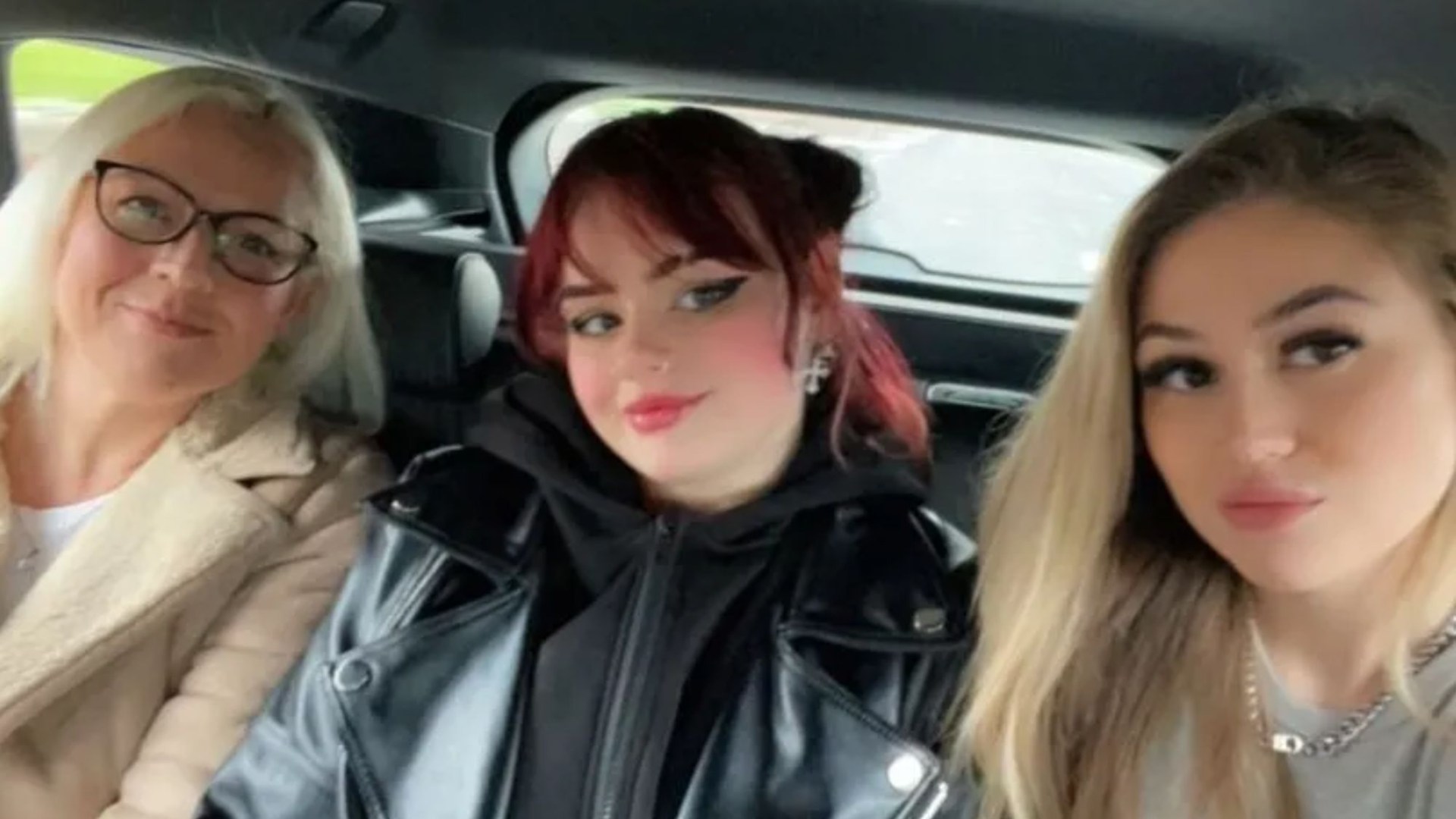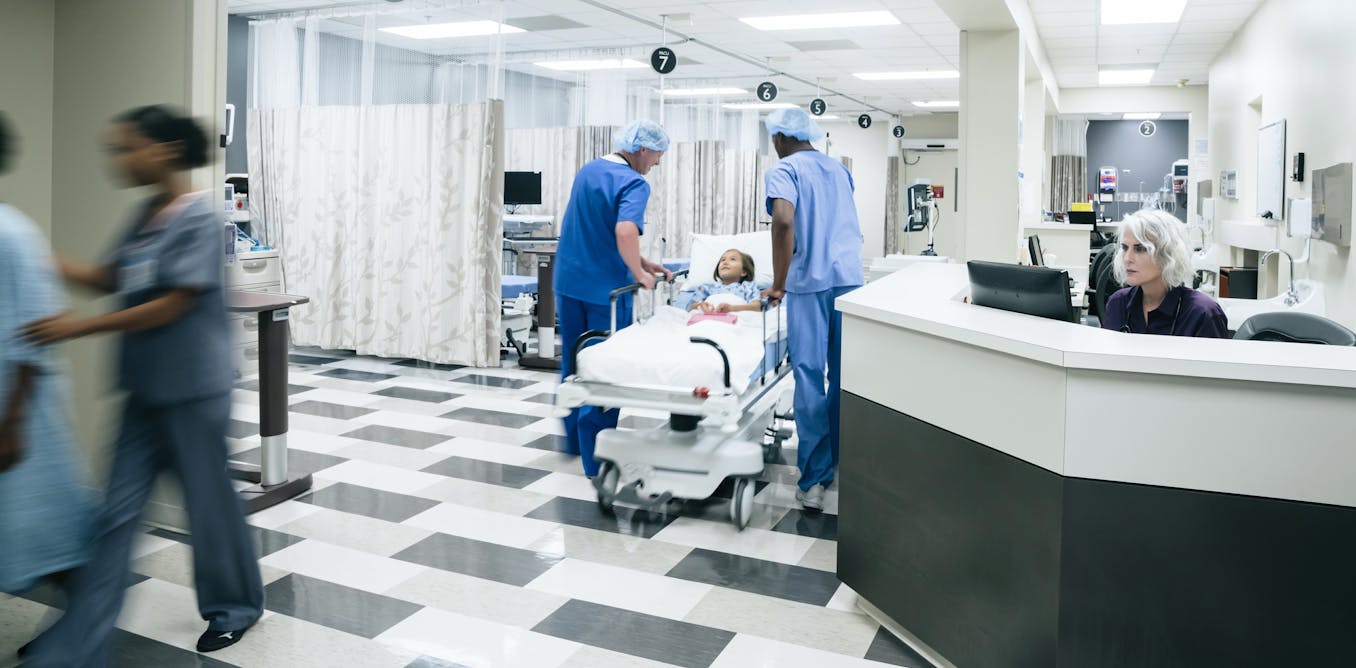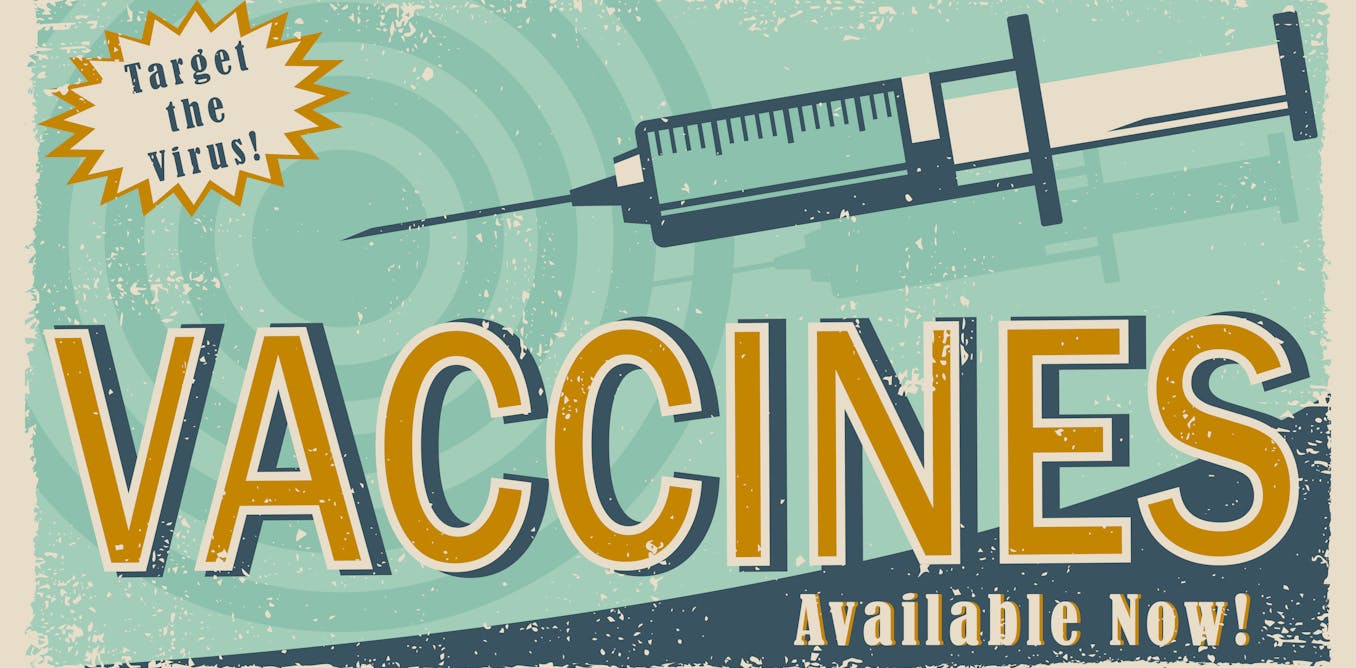THE family of a “healthy” 21-year-old has been left “desperate for answers” after her sudden death.
Anna Graves has been described as a “caring and compassionate” younger sibling who seemed to be in “good health” before she passed away, according to her sister Emily.
4

4

4

4
On August 19, Anna Graves suffered from a spontaneous subarachnoid haemorrhage, otherwise known as a bleed in the brain.
The young woman’s sister Emily, 25, her parents, grandma and fiancé were all present at the hospital during her final moments.
It was up to them to make the heart breaking decision to turn Anna’s life support off.
Older sister to Anna and Leeds business owner, Emily told YorkshireLive: “It was the hardest, most devastating thing we have ever had to do.
“Knowing I would never speak to her again broke my heart.”
The family are now desperately searching for answers to explain why the 21-year-old who appeared in “good health” passed away so suddenly.
Emily said: “We may have to pay for a private post mortem if the hospital can’t give us the information that we are desperately seeking to give us some closure as a family.
“Anna and I became very close – particularly as we got older. We called daily, we enjoyed meals – we shared a love of Thai food – and shopping together.
“We spent hours on the phone gossiping and talking rubbish, just laughing together. We had so many private jokes that we would share.
“She was a caring, compassionate person who cared deeply for her family and close friends as well as her clients who she worked with.
“Her kindness was unmatched and wouldn’t see anyone go without even to her own detriment. She loved her family and fiancé very much.”
A GoFundMe page has been set up in the aftermath of the tragic news in the hope of raising enough donations to cover the funeral costs
The campaign has raised £5,650 of the £7,000 target so far with a total of 150 contributions.
Emily, who organised the fundraiser, has added: “We shouldn’t be having to say goodbye.
“As this was such a sudden loss, we weren’t prepared financially for the costs of a funeral, therefore we are asking for anything at all from our friends / family to help us which would be greatly appreciated, even if it was only £1.
“Anna was so full of life, helped so many in her short 21 years on earth, she worked closely with end of life patients to give them round the clock care at home and made close bonds with their families.”
According to the page, any donation money that remains after covering the cost of the funeral will be donated directly to the NHS neurology specialist ward in Hull.
What is a brain haemorrhage?
A subarachnoid haemorrhage is an uncommon type of stroke that can be fatal.
Caused by bleeding on the brain’s surface, there are usually no warning signs.
It is thought that straining through physical activity such as lifting something heavy, going to the toilet or even coughing could be linked to the occurrence.
The severe condition is a medical emergency and anyone who suspects that someone is having a subarachnoid haemorrhage should dial 999 immediately.
Symptoms include:
Source: NHS website




